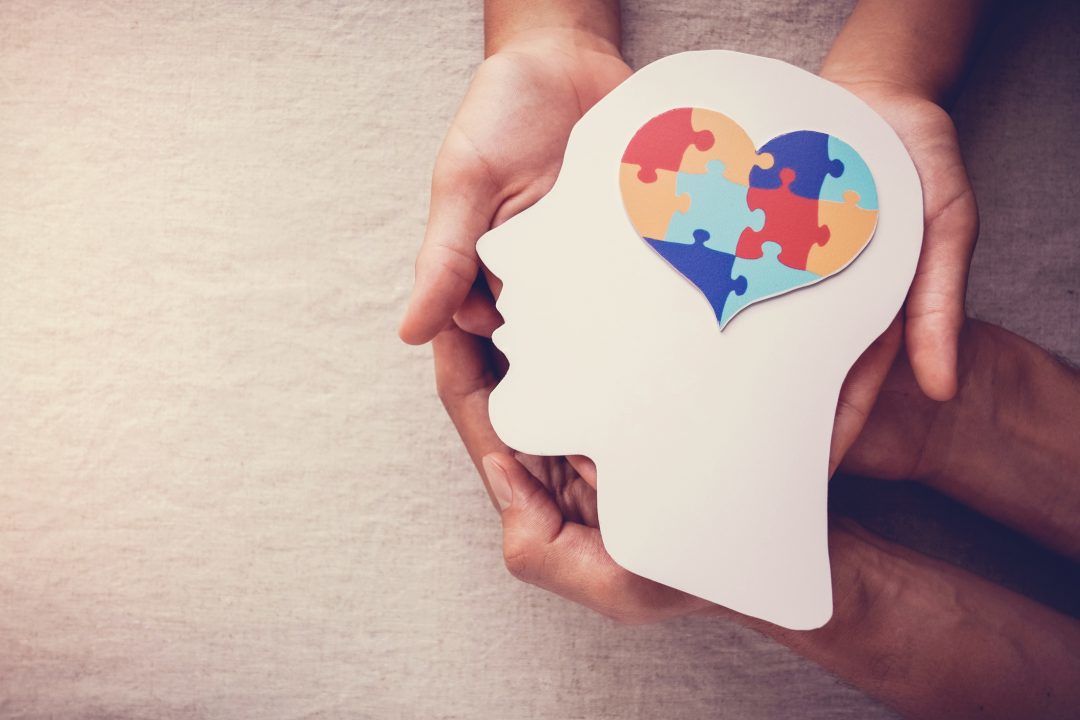The number of times people have been detained for mental health treatment against their will has decreased – however, concerns about safeguarding remain.
There were 6,569 detentions in Scotland in between 2021 and 2022, which is a 2.3% drop on last year.
The data was released by the Mental Welfare Commission (MWC) on Thursday, which welcomed the decrease.
However, it made clear the latest figure is in the context of a steady upward trend over the last decade of about 5.4% annually, with the previous year showing a 10.5% jump in unwilling detentions for mental health reasons.
The report also raises safeguarding concerns, saying there is a lack of consent from a mental health officer when emergency detainments take place.
The latest data showed that only 40.5% of detentions involved mental health officers in the last year – the lowest level in ten years, according to the report.
Arun Chopra, medical director at MWC, said it is “unacceptable” and voiced concern about the way emergency detentions are taking place.
He said: “We remain concerned over the way emergency detentions are taking place.
“Consent of a mental health officer (MHO) is an important safeguard and should happen every time a person is detained using the Act.
“For emergency detentions, consent from an MHO has fallen below half for all such detentions for the last two years in succession, with considerable variations in different parts of Scotland.
“This is not acceptable. People should receive this safeguard, where practicable, no matter where they live in the country.
“Last year was the first time that we were able to use postcode data to clarify the links between areas with greater deprivation and mental ill health requiring the use compulsion. This year we have extended this so that the links are clearer.
“We hope this data will be used by Government as it considers its response to the recently published Scottish Mental Health Law Review, which is seeking major changes to Scotland’s laws in this area for the future.”
Kevin Stewart, minister for mental wellbeing, said poverty is the “single biggest driver of poor mental health and there is a clear relationship between wider socio-economic inequality and mental health”.
“We recognise the effects of the pandemic are likely to be felt more severely by communities and individuals who experience higher levels of deprivation,” he said.
“This is why we have committed to strengthening alignment of work around mental health, poverty and reducing inequalities and aiming to reduce the need for clinical interventions.
“Our mental health law is based on rights and principles and offers protection for patients where compulsory treatment is necessary.
“We will continue to work with the Mental Welfare Commission and stakeholders to ensure these orders are used correctly, and to promote patients’ rights more generally.”
Follow STV News on WhatsApp
Scan the QR code on your mobile device for all the latest news from around the country


 iStock
iStock

























